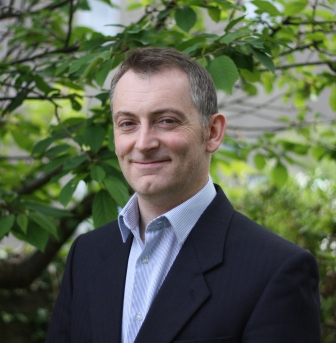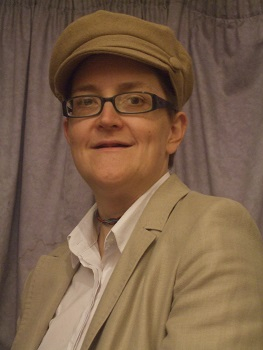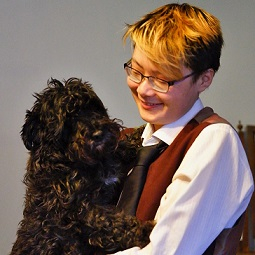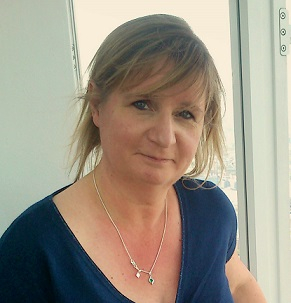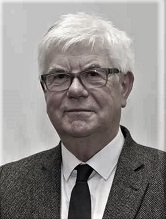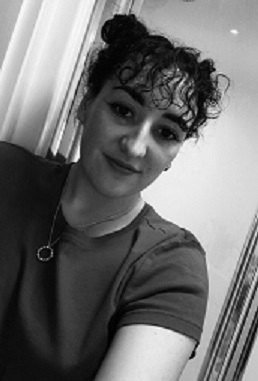Share Magazine Winter 2019
Welcome to the Winter 2019 edition of Share magazine. This issue is drawn mainly from contributions to Scottish Autism’s Innovation in Autism Practice conference in November. The day focussed on the theme of autism and identity and featured some inspirational autistic speakers. Contributors generously shared their lived experiences, reflecting on the challenges they have faced when their identity and needs have not been met and, by contrast, those circumstances in which autistic identity is recognised, validated and empowered to flourish.
Support practitioners and professionals left with powerful insights to apply to our day-to-day practice. Autism services should be safe spaces for the expression and flourishing of autistic identity and the articles included in this issue offer some clear starting points for creating such safe spaces. The work of the National Autistic Taskforce has brought together the practice and research expertise of autistic professionals to advocate powerfully for those autistic people with additional learning disabilities and significant support needs. Here Yo Dunn articulates some key principles for support services. Sonny Hallett’s research on autistic people’s experience of mental health services shows that some services have a long way to go in providing support that is accessible to the autistic community, yet, as they argue here, accommodations and accessibility need not be a complicated matter. Rebecca Wood’s research on mainstream education for autistic pupils underlines the fact that a focus on normative social skills for autistic pupils should not outweigh the focussed interests and pleasure that the curriculum itself may bring. Rebecca points out the irony that too often “autistic pupils might be expected to conform to pre-conceived notions of sociality via social intervention groups all the while being treated differently in school”. Meanwhile, Richard Mills draws inspiration from classical philosophy to suggest some first principles for autism practitioners: if we want to better address ‘behaviour that challenges’ in services then the behaviour to focus on first is our own.
In addition to articles from our conference speakers we include a piece by Georgia Fielding, whose reflections on her autistic identity within a university context fit seamlessly into the picture painted by our conference speakers: recognition, acceptance, and community appear again as key themes in Georgia’s account of finding her identity.
And as Yo Dunn and Rebecca Wood reminded us at the conference: creating safe spaces for the expression of autistic identity, and providing public services that meet the needs of autistic people is not just a mark of good practice, or progressive values, it is necessary for the fulfilment of fundamental human rights.
Our thanks go to all those who shared their experiences and expertise both at the conference and for this edition of Share.

